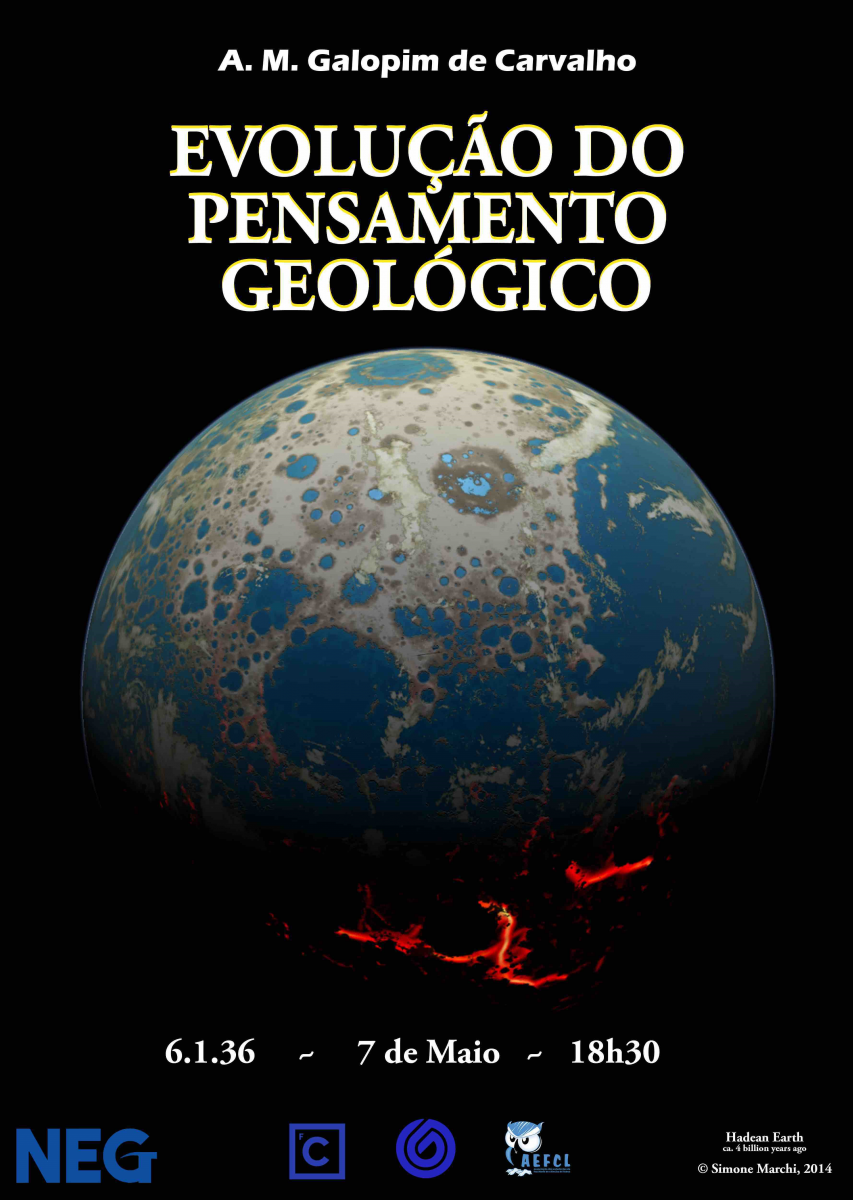Sediment Bypass and Overpass contributions for Boa Vista Island Coastal Evolution
Por Cesária Gomes (IDL / FCUL).
Por Cesária Gomes (IDL / FCUL).
Este evento pretende ser um fórum de apresentação de trabalhos de investigação relacionados com a morfodinâmica das zonas costeiras, e de discussão de ideias, conhecimento e informação sobre a zona costeira.
Datas importantes:
Por Pedro Silva (ISEL / IDL).
Abstract: This study is focused on a multidisciplinary and multiscale characterization of Quaternary mass movement deposits (MMDs) and the associated deformation related with on-going landslides in the Portimão Bank (Gulf of Cadiz).
Nesta edição das Jornadas APG, pretende-se abordar o mix energético sob diferentes perspetivas, por especialistas com formação diferenciada, e discutir o papel de cada interveniente na procura de soluções de qualidade para as gerações futuras. De facto, é urgente a necessidade de transição para uma economia de baixo carbono, sendo as competências das Geociências essenciais em cada passo do ciclo energético.
Este evento, que constitui desde 1988, uma grande festa do Museu e uma marca na vida cultural da cidade, reúne colecionadores e comerciantes de minerais, gemas e fósseis, oriundos de vários países da Europa, bem como um vasto público, representado por milhares de visitantes, que tem aqui uma oportunidade ímpar de adquirir ou simplesmente deleitar-se com a observação de exemplares únicos.
Por Luís Matias (Instituto Dom Luiz).
Applications are invited for 15 PhD positions (“Early Stage Researchers”) to be funded by the Marie-Sklodowska-Curie Innovative Training Network within the Horizon 2020 Programme of the European Commission.
Por João P. Trabucho Alexandre (Department of Earth Sciences, Universiteit Utrecht, the Netherlands).

Uma das evidências da energia interna da Terra é o vulcanismo, processo que tem a sua manifestação mais espetacular na extrusão de lavas à superfície. Dar a conhecer os processos de génese de lavas/magmas, bem como o tipo de informações que estes nos fornecem sobre a evolução do planeta Terra sãos os principais objetivos desta sessão, onde tais temáticas serão abordadas de uma forma que se retende acessível ao grande público.